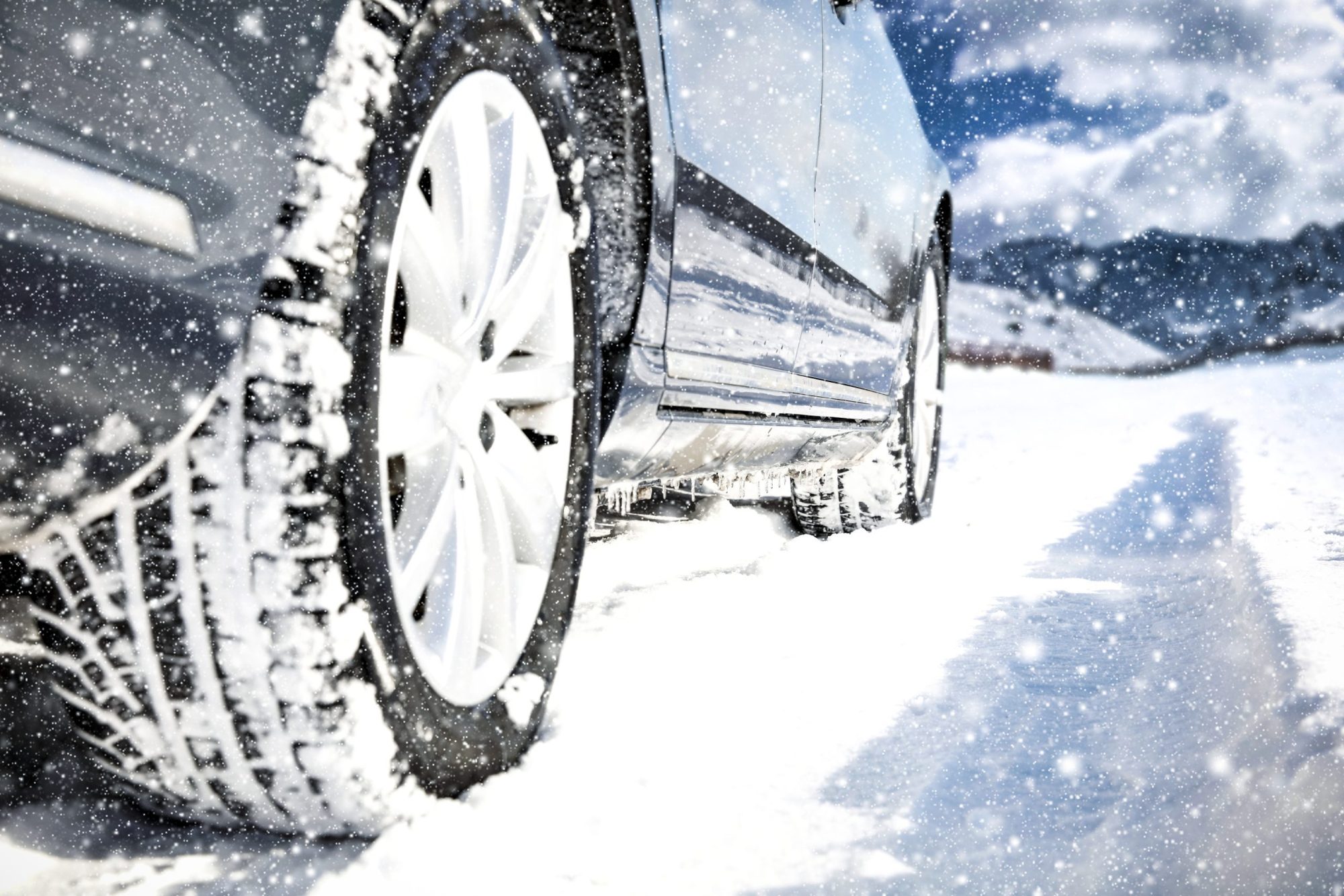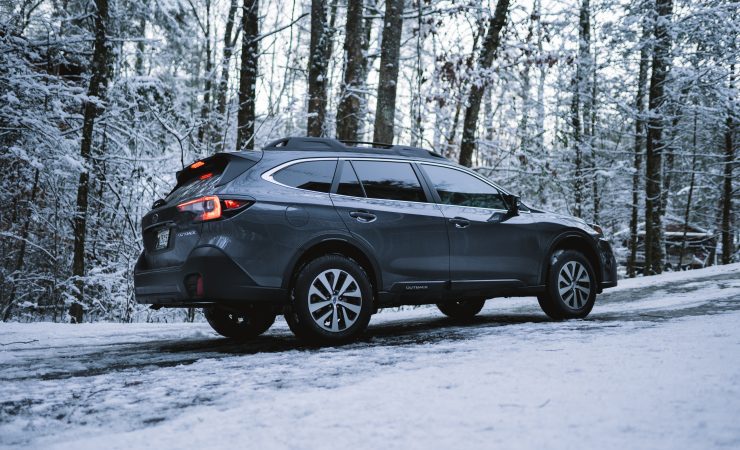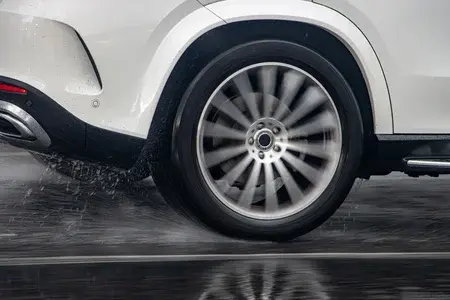Are you prepared for icy roads?
Colorado winters feel like they sneak up on you. One day, you’re outdoors grilling in flip-flops, and the next, you’re outdoors grilling in flip-flops while a blizzard hits. Unfortunately, Colorado winter’s aren’t all skiing and blizzard barbecues. All of the extra snow means driving in some pretty tricky (and occasionally unsafe) conditions. There’s a noticeable uptick in traffic accidents once it starts snowing, and it’s not hard to see why. Snow means increased braking distance, less handling on the roads, and decreased visibility.
With the snowier parts of winter fast approaching, this is a good time to outfit your car with snow tires. There’s a popular misconception that snow tires don’t do much to your vehicle’s handling, but that’s only true if you live in consistently temperate climates. Having a set of snow tires significantly increases your car’s safety during the winter months. Let’s explore how!
First of all, it’s worth identifying the difference between snow tires (sometimes called winter tires) and their all-season counterparts. True to their name, all-season tires are designed to be driven during all seasons, and they make some compromises in order to do so. All-season tires are made of harder rubber and feature tread patterns designed to increase traction on most concrete surfaces. This makes them reliable for consistently driving on concrete or asphalt in temperatures above 40 degrees.
Once you put all-season tires on icy roads, however, they show a noticeable decrease in traction. Harder rubber is more prone to skidding on ice and can see a decrease in responsiveness when dealing with cold temperatures. In fact, all-season tires tend to require almost 3x the braking distance when stopping on snow or ice. If you’re trying to react to sudden changes in the road, that braking distance can mean the difference between a clean stop and a collision.
Conversely, snow tires are made of a softer rubber that allows for better handling in winter conditions. This rubber stays flexible at lower temperatures, meaning that it doesn’t suffer from the same skidding that all-season tires can. Additionally, these tires feature specialized tread patterns that are designed to provide maximum traction against ice, improving handling and braking.
If you feel like you’ll benefit from having good winter tires, you’re probably right. A solid set costs a lot less than a car accident, with the added benefit of not being a car accident. Just because Colorado can feel like a year-round winter wonderland doesn’t mean that these tires should be used in summer, however. If you switch to winter tires, make sure that you switch back once the summer rolls around to ensure that they don’t wear down.
If you need any work done on your tires, then Bighorn Automotive has you covered. Our expert mechanics are here to keep your car in perfect condition for the winter at fair, affordable prices! Swing by Bighorn Automotive today to see what we can do for you!
Main image courtesy of Shutterstock.




